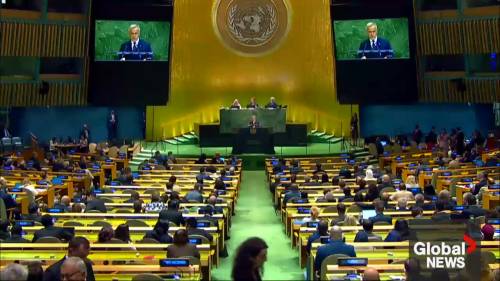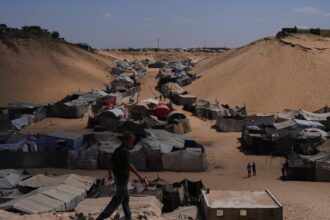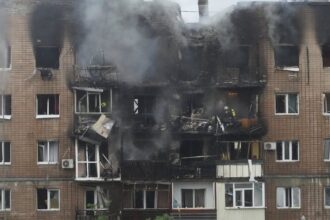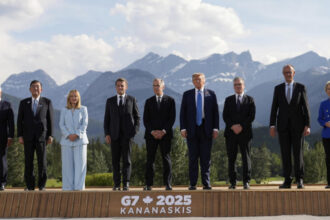In a landmark diplomatic shift, Canada joined 144 other nations at the United Nations this week in formally recognizing Palestinian statehood, marking a significant evolution in Ottawa’s longstanding Middle East policy. The resolution, which passed overwhelmingly at the UN General Assembly, elevates Palestine’s status and represents what supporters call a crucial step toward a two-state solution in one of the world’s most intractable conflicts.
“This vote reflects Canada’s commitment to the fundamental principle that both Israelis and Palestinians deserve to live in peace and security within internationally recognized borders,” said Foreign Affairs Minister Mélanie Joly in a statement following the vote. The Canadian government emphasized that its support should not be interpreted as abandoning Israel, but rather reinforcing the pathway to lasting regional stability.
The resolution grants Palestine expanded rights at the UN, including the ability to participate in debates and sponsor resolutions, though it falls short of full membership. Palestine’s observer mission will now be permitted to sit among member states rather than being relegated to the sidelines of official proceedings.
Israel’s government reacted swiftly, with Prime Minister Benjamin Netanyahu denouncing the vote as “rewarding terrorism” and a “dark day for the United Nations.” Israeli diplomats have withdrawn ambassadors from several supporting countries, though as of press time, no such action has been announced regarding Canada.
Palestinian Authority President Mahmoud Abbas called the resolution “a victory for international law” during an emotional address to supporters in Ramallah. “This recognition is not merely symbolic—it acknowledges the Palestinian people’s inalienable right to self-determination,” Abbas stated.
The timing of this diplomatic breakthrough comes against the backdrop of the devastating conflict in Gaza, where more than 35,000 Palestinians have been killed since October according to the Hamas-run health ministry, following Hamas’ October 7 attack on Israel that killed 1,200 people.
Canada’s vote represents a notable shift from its traditional position. Under former Prime Minister Stephen Harper, Canada routinely opposed Palestinian initiatives at international forums. The current Liberal government under Justin Trudeau has maintained strong support for Israel while gradually adopting more balanced positions on Palestinian issues.
Canadian Jewish organizations expressed concern about the vote. The Centre for Israel and Jewish Affairs called it “deeply disappointing” and questioned the timing amid ongoing hostage negotiations. Conversely, Canadians for Justice and Peace in the Middle East praised the decision as “long overdue” but urged stronger measures to pressure Israel to end military operations in Gaza.
International relations experts suggest this vote could signal a broader realignment in global attitudes toward the Israeli-Palestinian conflict. “We’re witnessing a potential watershed moment where traditional allies of Israel are demonstrating increased willingness to pressure Netanyahu’s government through diplomatic means,” said Dr. Elena Karachenko, Professor of International Relations at the University of Toronto.
For Palestinian-Canadians, the vote carries profound emotional significance. “This acknowledgment of our nationhood by Canada validates decades of struggle and suffering,” said Leila Hamdani, director of the Canadian Palestinian Foundation. “While it won’t immediately change conditions on the ground, it offers hope that justice remains possible.”
The practical implications of this recognition remain uncertain. Will this diplomatic momentum translate into meaningful progress toward a viable Palestinian state, or will it become another symbolic gesture lost in the region’s complex political landscape?










